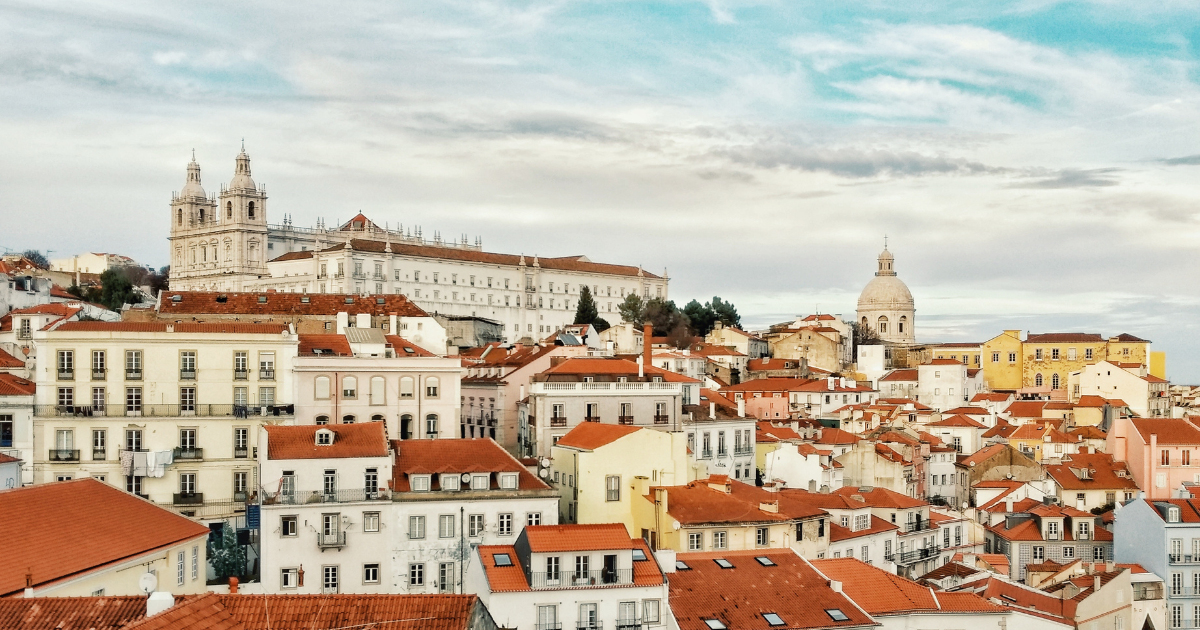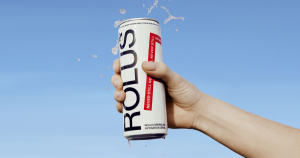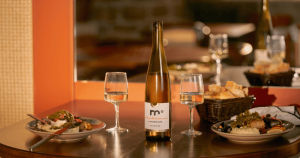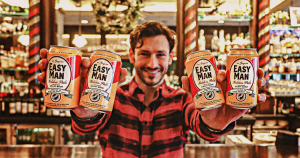Portugal, a country steeped in history and culture, has a rich tapestry of drinking traditions. From the fortified wines of Porto to its unique green wines, alcohol has long been a part of its cultural fabric. However, as times change, so do drinking behaviors. During our recent six-week stay in Lisbon and Ericeira, we were pleased to see a non-alcoholic beer on virtually every menu, and even discovered a Portuguese non-alcoholic red wine.
A Sip Through History
Wine has been made in Portugal since at least 2000 BC, with various cultures contributing to the spread of viticulture and winemaking techniques. The Methuen Treaty of 1703 advanced English economic interest in Portugal by reducing tariffs and giving Portuguese wines preferential treatment over French wines. This led to the rise of Port wine, which became one of the most well-known and successful wines in the country’s history.
Vinho Verde, or “green wine,” is another unique contribution to Portugal’s diverse wine portfolio. Originating from the Minho region in the northwest of Portugal, this wine is not actually green in color but rather young, as the term “verde” suggests. Typically released just three to six months after harvest, Vinho Verde is known for its youthful freshness, light body, and slight effervescence. The wine can be red, white, or rosé, but the white variety is the most popular. It is usually enjoyed as an aperitif or paired with light meals like seafood and salads. With its lower alcohol content and refreshing taste, Vinho Verde has gained international acclaim, offering a different experience from the more traditional, mature wines of Portugal.
Beer holds a significant place in Portugal’s drinking culture, sharing the spotlight with the country’s famous wines. The two most popular beer brands in Portugal are Super Bock, founded in 1927, and Sagres, established in 1940. Both brands have a long history and wide international distribution, making them household names not just in Portugal but also in various other countries. These iconic brands have been instrumental in shaping the country’s beer culture, offering a range of traditional lagers that are deeply embedded in Portuguese social gatherings and culinary experiences.
The Rise of Non-Alcoholic Options
While Portugal has a long-standing tradition of wine and beer consumption, non-alcoholic variants have also started to make their mark. We discovered:
O%riginal Red Wine: a de-alcoholized wine produced by José Maria da Fonseca, a pioneer in creating the first Portuguese alcohol-free wines. Crafted from the Syrah grape variety using traditional winemaking methods, the alcohol is gently removed through a physical process, preserving the wine’s delicate aromas and flavors. With less than 0.5% alcohol, O%riginal Red Wine offers a complete wine experience without the alcohol, featuring ripe blackberries and raspberries on the nose, balanced tannins, and wood notes on the palate.
Super Bock 0.0: a non-alcoholic variant of Portugal’s iconic Super Bock beer. First launched in 2005, this low-alcohol lager was developed in collaboration with the University of Porto and uses a unique process to remove alcohol while retaining the beer’s aromas and flavors. With an ABV of 0.5%, Super Bock 0.0 offers a balanced taste profile, featuring floral and root beer notes.
Sagres Non-Alcoholic Beer: Sagres introduced its non-alcoholic lager, Sagres “Sem Alcool,” to the market in 2005 as well. A dark version followed in 2007. Sagres 0.0 Preta, Portugal’s first alcohol-free black beer, was developed through a rigorous cold fermentation process and offers a balance of flavors between roasted coffee and sweet caramel, blending well with its bitter taste.
Changing Attitudes Toward Drinking
In 2019, 8.4% of the adult population in the European Union consumed alcohol daily. This percentage varied among different age groups, with the lowest share of daily alcohol consumption recorded among those aged 15 to 24 (1.0%), and the highest share among people aged 75 or over (16.0%).1
So, while alcohol remains deeply embedded in Portuguese life, there appears to be a generational shift brewing, just as we see in the United States.
Conclusion
Portugal’s drinking history is rich and diverse, influenced by various cultures and historical events. However, as the world changes, so does the drinking culture in Portugal. The rise of non-alcoholic options and a shift in consumer preferences, especially among the younger generation, indicate a future where tradition and modernity can coexist in the Portuguese drinking landscape.
1 Source: Eurostat






